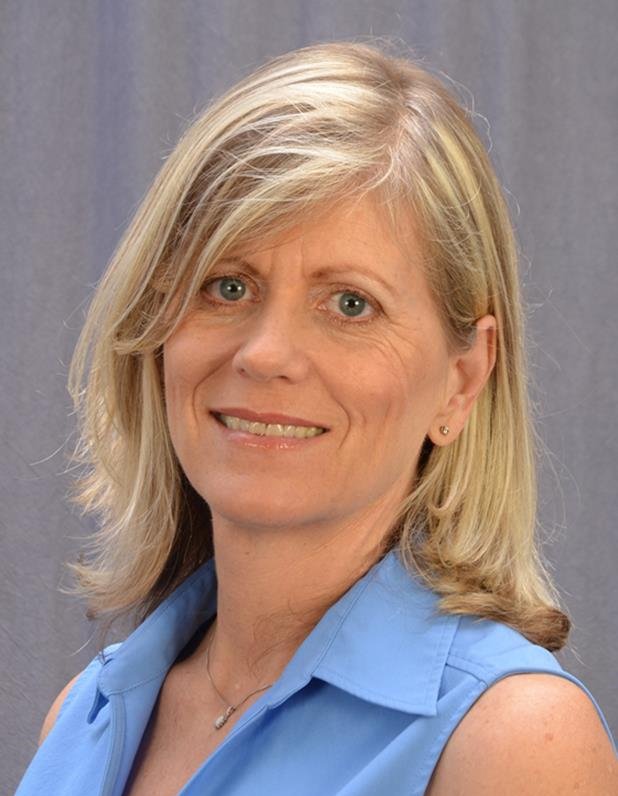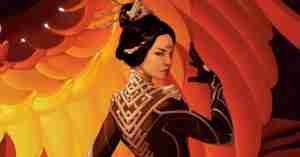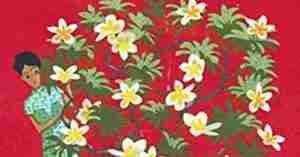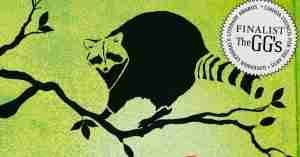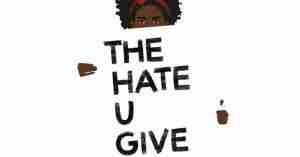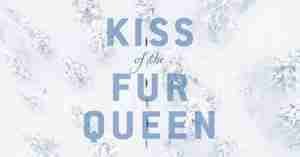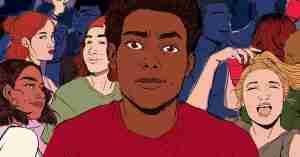 Creativity or Competition?
Creativity or Competition?
by Therese Ayla Kravetz
Coming in first was everything as a kid.
On Easter, my little brother and I got a head start for the Easter egg hunt. We took off out the back door a full two minutes before our taller, faster brothers got a start. Heart pounding, I was desperate to find some eggs before my brothers breathed down on me.
Creativity was lower on the survival scale than competition, unless you were creative in sports. If a spark of creativity came through a well-timed volley in tennis or a home run to left field in baseball, parents and siblings applauded. But there was no time for creating a poem or picture.
The stress in competition, however, can take its toll. And it is limited.
For me, there was a lot of anxiety around competition. There was a fear of finishing last, a fear of not getting attention, not being good enough.
Only movement or nature helped me relax the fight or flight mechanism enough to be in the moment. The physical movement and the joy of the sport would be just enough for me to be a creative athlete. The vibrations of trees and the earth allowed my energy to settle and the fear to diminish.
As I grew older, there was more of me I wanted to express in the world. Whatever had been bottled up all those years, wanted out. So as a young adult, I moved to New York, studied voice, dance, and acting. I knew on some level I was an artist, but I didn’t know how to show up in the world as one.
As an actor, I could emote—especially anger and sadness—and this was the first step of learning to be creative. But I had a difficult time being in the present moment to physical space and surroundings. On stage in New York I caught glimpses of the greats like Maggie Smith, and I knew there was something missing in my performances.
My brain was still stuck in a pattern of fight or flight.
So the second step in being creative for me, was to unlock the fight or flight by feeling the fear, pain, or loneliness. I began to study and practice “presence” from people like Eckhart Tolle. As I gave more attention to my emotions and physical body, I was more present and creative. Over time, I could access this bodily presence on stage and even use it to work through writer’s block.
In addition to these steps to accessing creativity, I learned some qualities of creativity:
Creativity are those moments when I’m fully present and all my attention is free to focus, imagine. I am free to doodle, free to write, free to listen. I’m unobstructed by fear, mental habits or wants.
Also, I have a different relationship with time.
For instance, I’m on vacation now. My challenge is to stop worrying about my dogs we love who are in the kennel, what may or may not happen on Christmas break, and be present.
Time takes on a different quality or vanishes all together when I’m creative. My husband and I were in a park, and I was walking and admiring foliage and light pouring through the branches in one moment, and then we were in a store across the road buying a drink. We seemed to have slipped through time. When we got to the store it felt like two days had gone by. Proof I was in the moment, in eternity, where time disappeared. This is another element of creativity. We are not just in our emotions or mind, but some place a little higher—call it the imagination.
The other quality of creativity is not focusing on outcome. Stay curious.
It’s funny that I’m a writer now. As a child, it was the one activity I had the most angst about. So it is something I’m very humble about now. I stay open, I stay curious, and I never assume I know what’s coming.
I have a curiosity about words and language. What will emerge if I keep typing. I don’t have this about painting or fixing things. But there is a fascination with words. Writing was so intimidating to me as a child. I couldn’t write when I was a kid. I couldn’t perform in school for the teachers. What did they want? I had an incurable desire to please others outside myself. This was a stranglehold on my creativity too.
A lot of artists say this artistry originated in their childhood. Not for me. I never called myself a writer until I was called to write, and I could no longer ignore the call.
I had to work through many blocks to get here. My book took five years to write even though it is short, mainly because I had to work through resistance from my brain to my fingers on the keyboard.
So creativity takes courage. Courage is the ability to live in the heart and not just the head. Courage is the ability to keep going despite the little voice that whispers don’t do this, or the memories of the past that tell us to be careful. Courage is needed so that we trust the process of the moment.
We are creating our lives each moment with our choices, our thoughts, our actions.
I encourage you to begin your creative activity. Start. And then start again. Keep starting until you get a lead into a painting or a business, or a poem, or song. Get support. Tell me how it goes. I’d love to hear from you.
Therese Ayla Kravetz
Author of Why Zarmina Sings: 18 Steps to Live and Learn Beyond Anxiety available for preorders March 25th.
